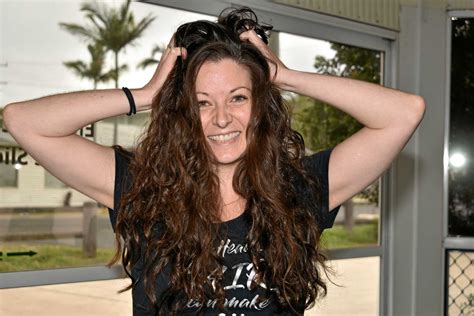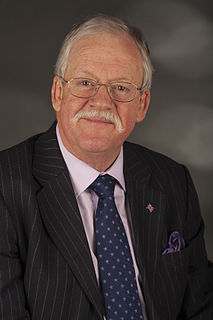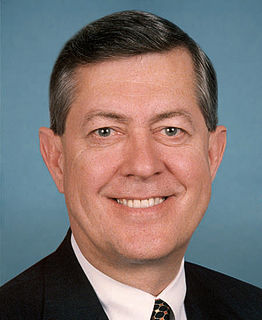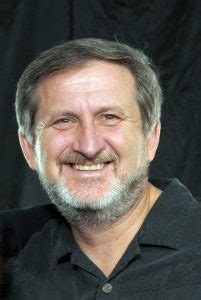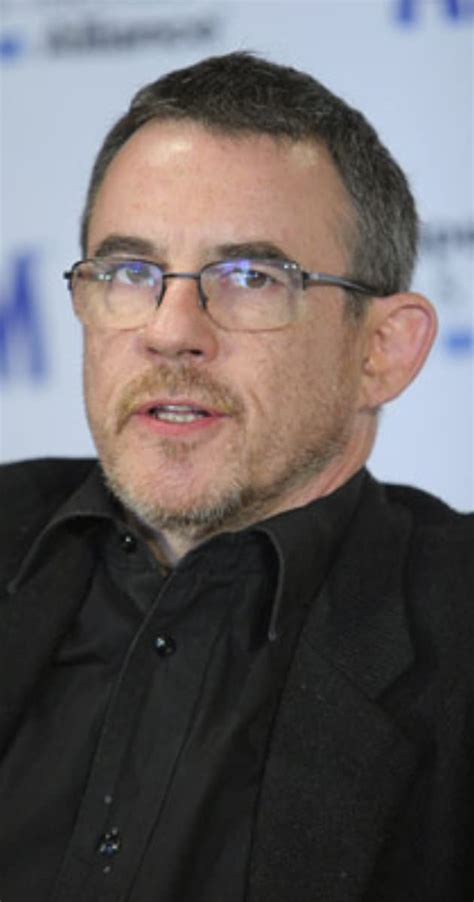A Quote by Barrington Moore, Jr.
For the essence of science, I would suggest, is simply the refusal to believe on the basis of hope.
Related Quotes
An institution that borrows on a non-prioritized basis would never contemplate borrowing on a prioritized basis. Doing so would undermine its standing in the bond market and suggest that it is not worthy of its strong credit rating. This type of self-imposed downgrade would materially affect its financial prospects.
Those whose thinking is disciplined by science, like all others, need a basis for the good life, for aspiration, for courage to do great deeds. They need a faith to live by. The hope of the world lies in those who have such faith and who use the methods of science to make their visions become real. Such visions and hope and faith are not a part of science.
I was deeply interested in conveying what is a deeply felt conviction of my own. This is simply to suggest that human beings must involve themselves in the anguish of other human beings. This, I submit to you, is not a political thesis at all. It is simply an expression of what I would hope might be ultimately a simple humanity for humanity's sake.
We are living in a society that is totally dependent on science and high technology, and yet most of us are effectively alienated and excluded from its workings, from the values of science, the methods of science, and the language of science. A good place to start would be for as many of us as possible to begin to understand the decision-making and the basis for those decisions, and to act independently and not be manipulated into thinking one thing or another, but to learn how to think. That's what science does.
Because a fact seems strange to you, you conclude that it is not one. ... All science, however, commences by being strange. Science is successive. It goes from one wonder to another. It mounts by a ladder. The science of to-day would seem extravagant to the science of a former time. Ptolemy would believe Newton mad.
If all our common-sense notions about the universe were correct, then science would have solved the secrets of the universe thousands of years ago. The purpose of science is to peel back the layer of the appearance of the objects to reveal their underlying nature. In fact, if appearance and essence were the same thing, there would be no need for science.

